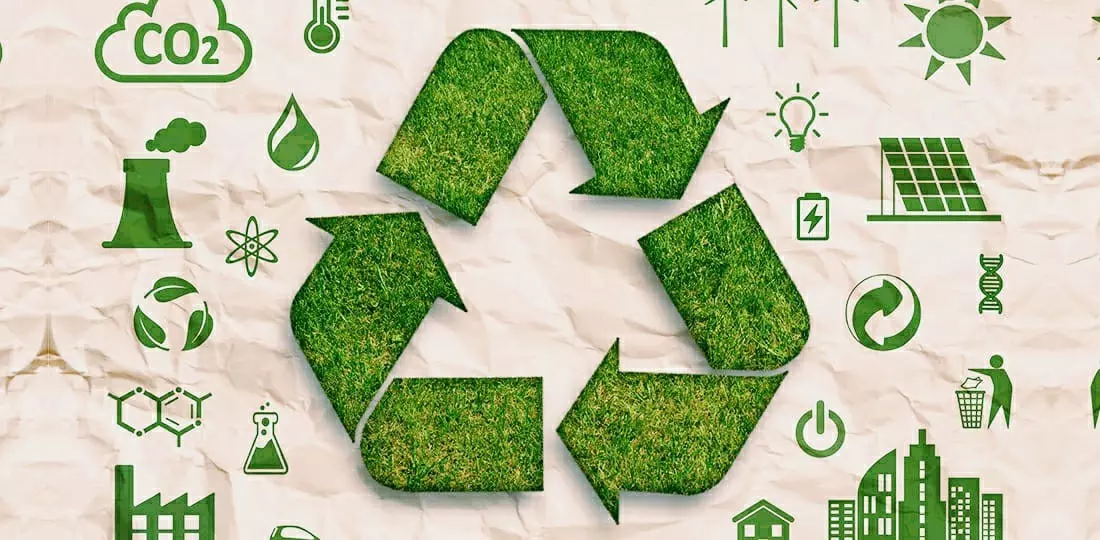Govt officials, experts pitch for low-carbon tech, financing opportunities for textile MSMEs
The overall carbon dioxide emission from textile MSMEs in India stands at an estimated 2.7 billion tonnes per year, equivalent to emissions from 230 million passenger vehicles annually. However, initiatives like the Perform, Achieve and Trade (PAT) scheme of the Bureau of Energy Efficiency have reduced an estimated 110.66 million tonnes of carbon dioxide emissions in the textile sector
image for illustrative purpose

Surat: Senior government officials and experts have called for the implementation of low-carbon technologies and the higher availability of financing opportunities for textile MSMEs. A workshop on 'Energy-Efficient Technology and Finance', organised on International MSME Day on Thursday, emphasised the need for sustainability in the textile sector to help India achieve its net-zero target by 2070. The overall carbon dioxide emission from textile MSMEs in India stands at an estimated 2.7 billion tonnes per year, equivalent to emissions from 230 million passenger vehicles annually. However, initiatives like the Perform, Achieve and Trade (PAT) scheme of the Bureau of Energy Efficiency have reduced an estimated 110.66 million tonnes of carbon dioxide emissions in the textile sector.
Amita Pandya, senior project executive at GEDA, highlighted the agency's efforts to support the uptake of energy-efficient technologies in industries across Gujarat. "We are in talks with financial institutions like the Small Industries Development Bank of India (SIDBI) to provide interest subsidies to textile MSMEs adopting energy-efficient technologies," she said in a statement.
Ajit Upadhyay, an expert from the Bureau of Energy Efficiency, said, "Gujarat is the highest contributing state in woven fibre production and produces 60 to 70 per cent of the country's denim fabric, ranking first nationally and third globally".
Siddheshwar Dombe, Assistant Director at the Ministry of Textiles, emphasised the significant contribution of MSMEs in Surat's textile manufacturing sector. "The use of new technologies in textile weaving and processing reduces costs and makes MSMEs eligible for various government schemes. Skill upgradation is also beneficial for MSME owners and workers alike," he said.
Subrata Chakrabarty, Associate Program Director, Climate at WRI India, said, "Industries and MSMEs worldwide, including in India, are at risk from the adverse impacts of climate change. Accordingly, works are going on for mainstreaming low-carbon technologies in MSMEs and facilitating their access to finance to help realise India's climate goals and the vision of Net Zero by 2070".

